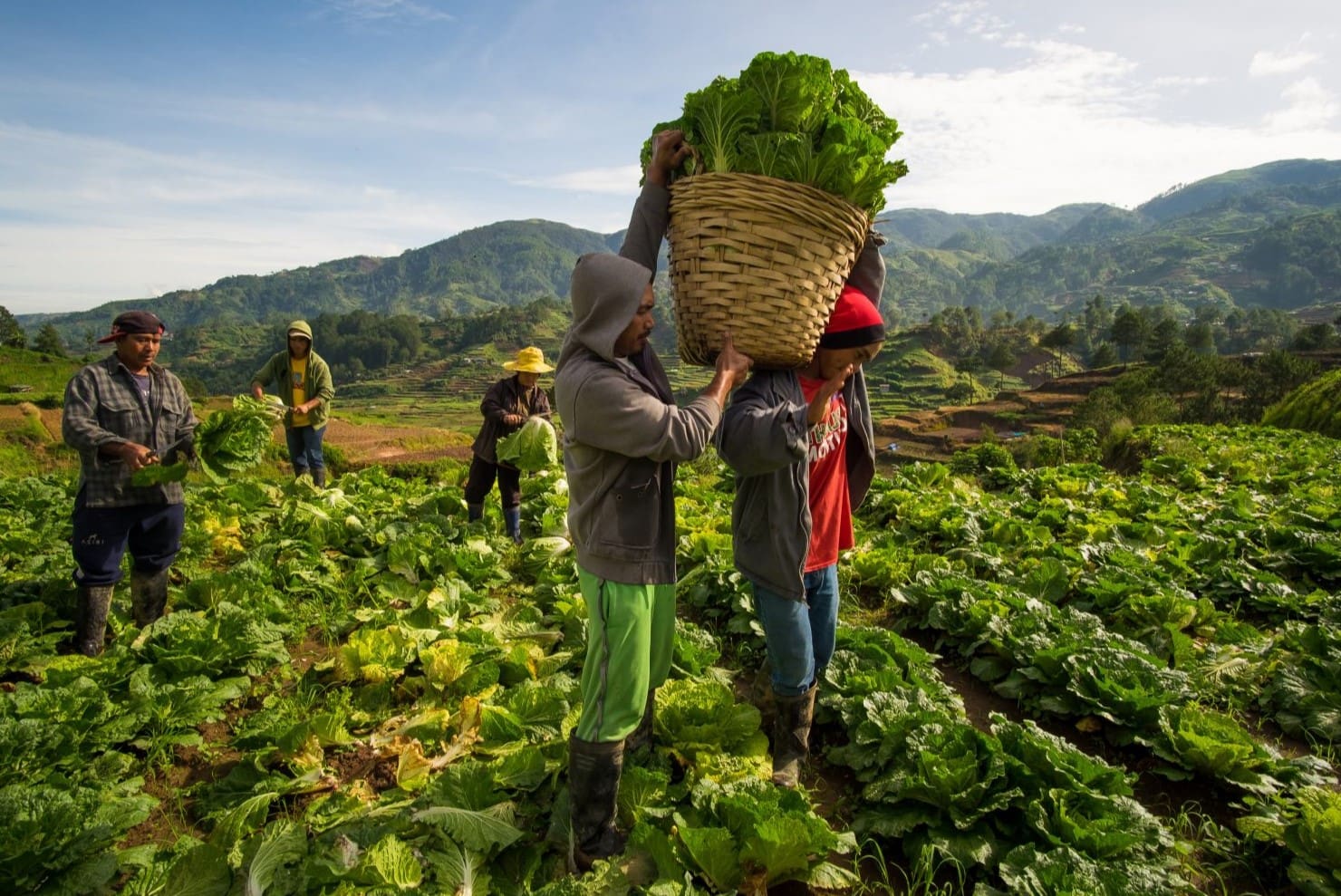
Food security is a critical issue affecting millions worldwide. It means having reliable access to a sufficient quantity of affordable, nutritious food. But what does that really entail? Food security isn't just about having enough to eat; it’s about ensuring that food is safe, nutritious, and sustainably produced. Factors like climate change, economic instability, and political conflict can all impact food availability. Understanding these elements helps us grasp the complexity of the problem. From the role of technology in agriculture to the importance of local farming, there are many layers to consider. Let's dive into 22 essential facts that shed light on this vital topic.
What is Food Security?
Food security means having reliable access to a sufficient quantity of affordable, nutritious food. It's essential for health and well-being. Let's explore some key facts about food security.
-
Food security involves four main components: availability, access, utilization, and stability. Each plays a crucial role in ensuring people have enough to eat.
-
Availability refers to the presence of enough food through production, distribution, and exchange. Without it, food security cannot be achieved.
-
Access means having the resources to obtain appropriate foods for a nutritious diet. Economic and physical access are both important.
-
Utilization involves the proper use of food, including storage, preparation, and consumption. It ensures that the body can absorb the nutrients.
-
Stability ensures that food availability, access, and utilization remain consistent over time. It protects against sudden disruptions like natural disasters or economic crises.
Global Food Security Challenges
Many factors affect global food security. Understanding these challenges helps in finding solutions.
-
Climate change impacts food production through extreme weather events, changing growing seasons, and affecting water supply.
-
Population growth increases demand for food, putting pressure on agricultural systems and resources.
-
Economic inequality means that even if food is available, not everyone can afford it. This leads to hunger and malnutrition.
-
Conflict and war disrupt food production and distribution, leading to shortages and famine.
-
Food waste is a significant issue, with about one-third of all food produced globally being wasted. Reducing waste can improve food security.
Solutions to Improve Food Security
Addressing food security requires a multi-faceted approach. Here are some potential solutions.
-
Sustainable agriculture practices can increase food production without harming the environment. Techniques include crop rotation, organic farming, and agroforestry.
-
Improving infrastructure like roads, storage facilities, and markets can help distribute food more efficiently and reduce waste.
-
Education and training for farmers on modern farming techniques and sustainable practices can boost productivity and food security.
-
Social safety nets like food assistance programs can help vulnerable populations access food during crises.
-
Investing in research and development for new agricultural technologies can lead to higher yields and more resilient crops.
The Role of Technology in Food Security
Technology plays a vital role in enhancing food security. Innovations can transform agriculture and food distribution.
-
Precision agriculture uses technology like GPS and sensors to optimize farming practices, increasing efficiency and yields.
-
Genetically modified organisms (GMOs) can produce crops that are more resistant to pests, diseases, and extreme weather, improving food security.
-
Drones and satellites can monitor crop health, track weather patterns, and manage resources more effectively.
-
Mobile apps provide farmers with real-time information on weather, market prices, and best practices, helping them make informed decisions.
-
Blockchain technology can improve transparency and traceability in food supply chains, reducing fraud and ensuring food safety.
The Importance of Policy and Governance
Effective policies and governance are crucial for achieving food security. Governments and organizations must work together.
-
International cooperation is essential for addressing global food security challenges. Countries can share resources, knowledge, and technology.
-
National policies should focus on supporting smallholder farmers, promoting sustainable practices, and ensuring fair trade.
Food security is a complex issue, but understanding these facts can help us work towards a world where everyone has enough to eat.
The Importance of Food Security
Food security isn't just about having enough to eat. It's about ensuring everyone has access to nutritious, safe, and affordable food. This affects health, education, and economic stability. Without it, communities face malnutrition, stunted growth, and increased disease risk.
Addressing food security means tackling issues like climate change, food waste, and sustainable agriculture. Governments, organizations, and individuals must work together to create resilient food systems. Simple actions, like reducing food waste or supporting local farmers, can make a big difference.
Understanding these facts helps us see the bigger picture. Food security is a global challenge that requires collective effort. By staying informed and taking action, we can contribute to a world where everyone has enough to eat. Let's make food security a priority for a healthier, more equitable future.
Was this page helpful?
Our commitment to delivering trustworthy and engaging content is at the heart of what we do. Each fact on our site is contributed by real users like you, bringing a wealth of diverse insights and information. To ensure the highest standards of accuracy and reliability, our dedicated editors meticulously review each submission. This process guarantees that the facts we share are not only fascinating but also credible. Trust in our commitment to quality and authenticity as you explore and learn with us.


